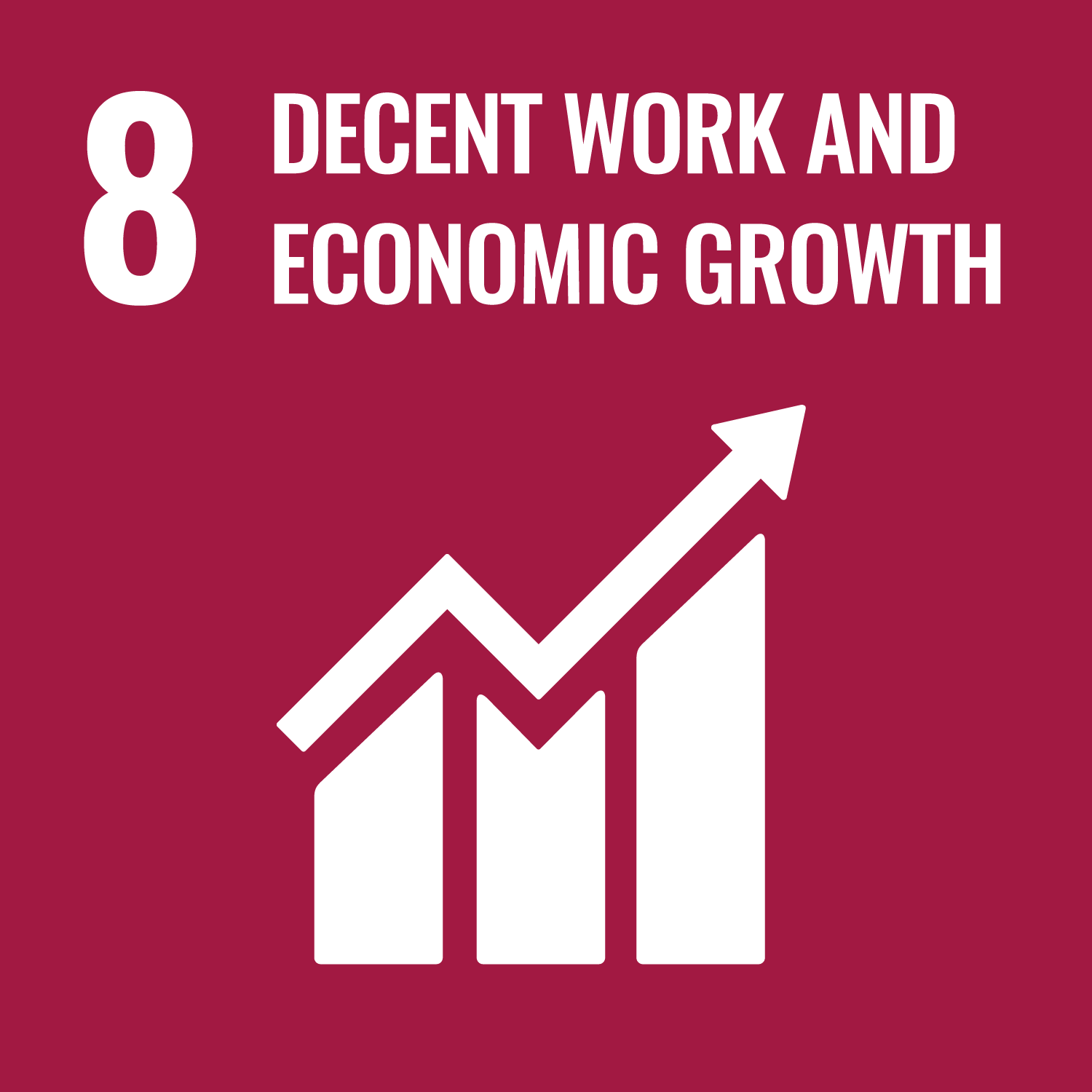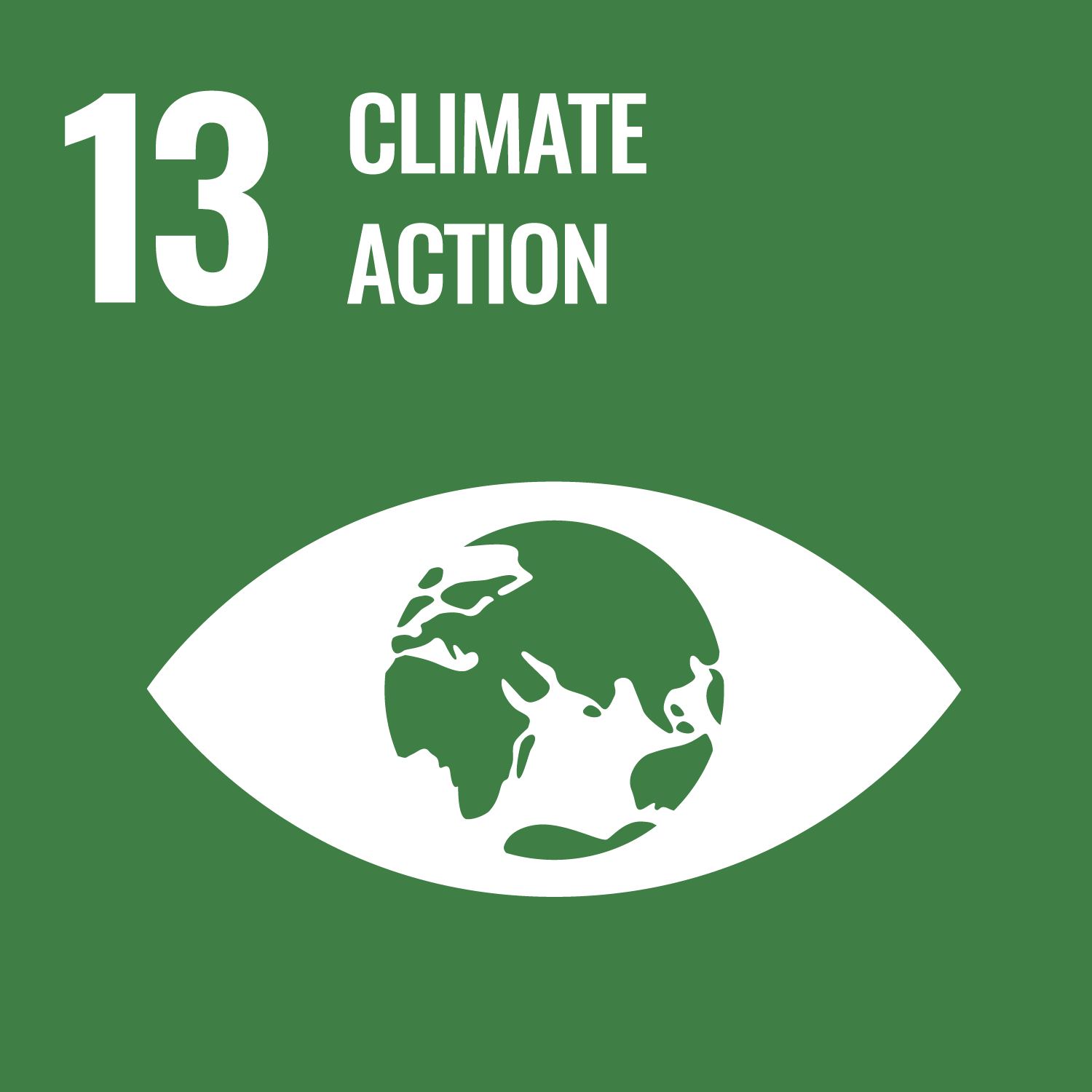ORCID
- Melanie C. Austen: 0000-0001-8133-0498
Abstract
Assessments of the combined ecological impacts of ocean acidification and warming (OAW) and their social and economic consequences can help develop adaptive and responsive management strategies in the most sensitive regions. Here, available observational and experimental data, theoretical, and modelling approaches are combined to project and quantify potential effects of OAW on the future fisheries catches and resulting revenues and employment in the UK under different CO2 emission scenarios. Across all scenarios, based on the limited available experimental results considered, the bivalve species investigated were more affected by OAW than the fish species considered, compared with ocean warming alone. Projected standing stock biomasses decrease between 10 and 60%. These impacts translate into an overall fish and shellfish catch decrease of between 10 and 30% by 2020 across all areas except for the Scotland >10 m fleet. This latter fleet shows average positive impacts until 2050, declining afterwards. The main driver of the projected decreases is temperature rise (0.5–3.3 °C), which exacerbate the impact of decreases in primary production (10–30%) in UK fishing waters. The inclusion of the effect of ocean acidification on the carbon uptake of primary producers had very little impact on the projections of potential fish and shellfish catches (<1%). The <10 m fleet is likely to be the most impacted by-catch decreases in the short term (2020–50), whereas the effects will be experienced more strongly by the >10 m fleet by the end of the century in all countries. Overall, losses in revenue are estimated to range between 1 and 21% in the short term (2020–50) with England and Scotland being the most negatively impacted in absolute terms, and Wales and North Ireland in relative terms. Losses in total employment (fisheries and associated industries) may reach approximately 3–20% during 2020–50 with the >10 m fleet and associated industries bearing the majority of the losses.
DOI Link
Publication Date
2017-01-01
Publication Title
Fish and Fisheries
Volume
18
Issue
3
ISSN
1467-2960
Acceptance Date
2016-08-11
Embargo Period
2024-04-26
First Page
389
Last Page
411
Recommended Citation
Fernandes, J., Papathanasopoulou, E., Hattam, C., Queirós, A., Cheung, W., Yool, A., Artioli, Y., Pope, E., Flynn, K., Merino, G., Calosi, P., Beaumont, N., Austen, M., Widdicombe, S., & Barange, M. (2017) 'Estimating the ecological, economic and social impacts of ocean acidification and warming on UK fisheries', Fish and Fisheries, 18(3), pp. 389-411. Available at: 10.1111/faf.12183





